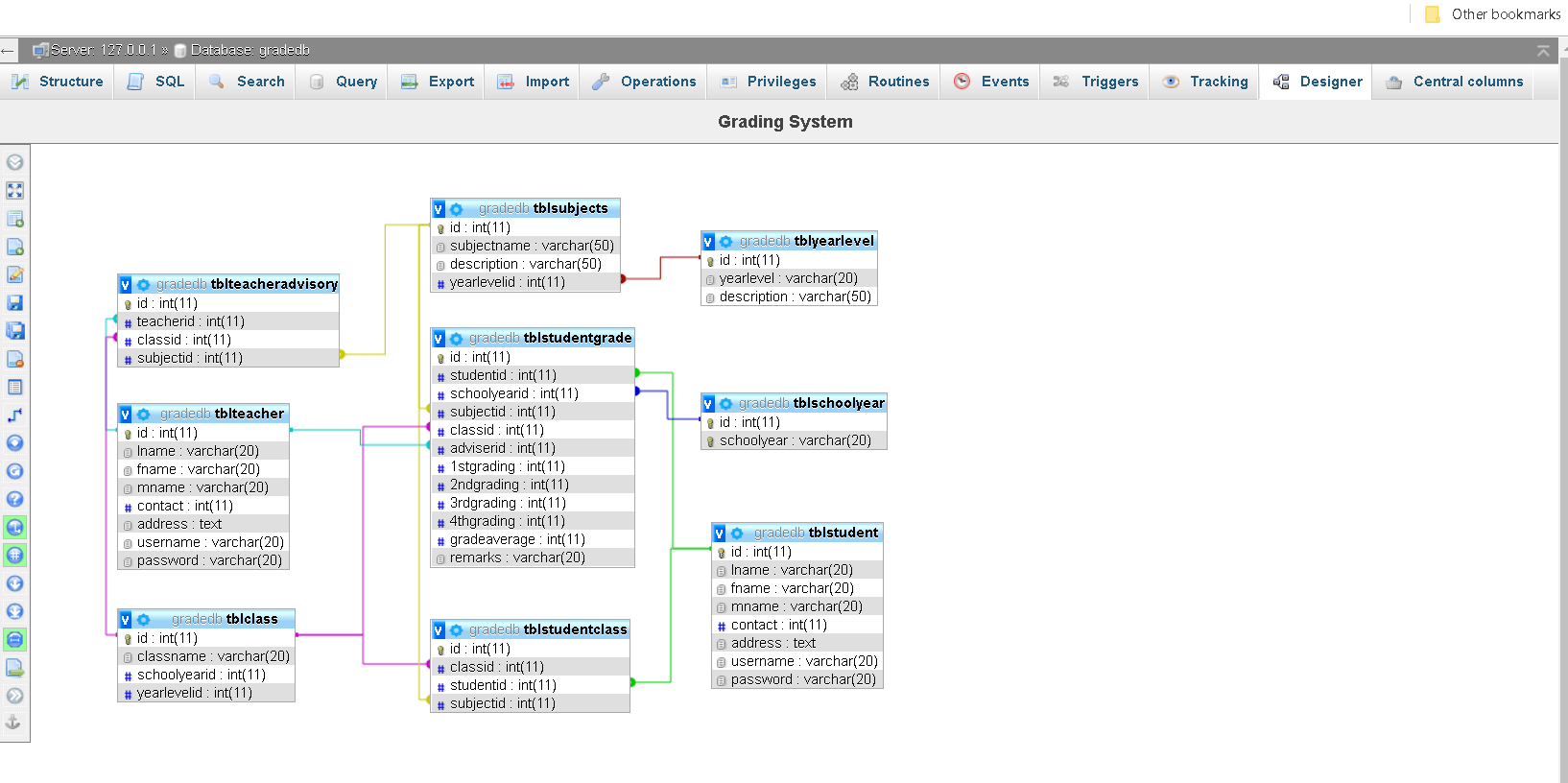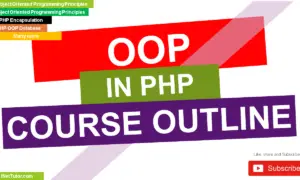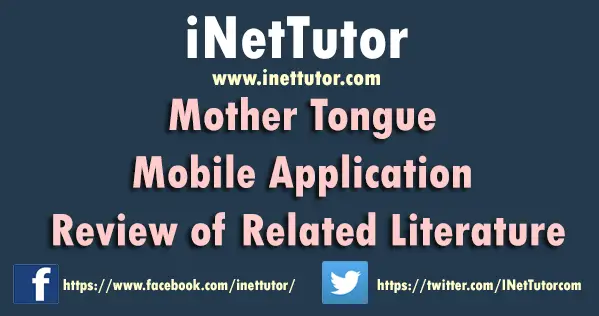Innovative OCR Projects for Web and Mobile Applications
Introduction
Table of Contents
Optical Character Recognition (OCR) is a technology that converts different types of documents, such as scanned paper documents, PDFs, or images taken by a digital camera, into editable and searchable data. OCR is significant because it bridges the gap between physical and digital content, making it easier to manage and manipulate information.
The importance of OCR in modern applications cannot be overstated. It offers immense benefits in various fields such as document processing, where it speeds up data entry by automatically extracting text from physical documents. In accessibility, OCR helps convert printed text into digital formats, making it easier for visually impaired users to access information through text-to-speech software.
This blog post aims to explore various OCR-related project ideas for web and mobile platforms. Whether you’re a developer looking to innovate or a business seeking efficient solutions, these project ideas will demonstrate how OCR technology can be leveraged to create impactful and practical applications.
Understanding OCR Technology
How OCR Works: Optical Character Recognition (OCR) technology works by converting different types of documents, such as scanned paper documents, PDFs, or images taken by a digital camera, into editable and searchable data. The OCR process involves several steps: capturing the image, pre-processing to enhance quality, recognizing text within the image, and post-processing to improve accuracy. This transformation allows computers to read and process the text as if it were typed manually.
Common OCR Tools and Libraries: Several popular OCR tools and libraries make it easy to integrate OCR capabilities into applications. Tesseract is an open-source OCR engine that supports multiple languages and is widely used for various OCR tasks. Google Cloud Vision offers robust OCR capabilities along with image analysis features. AWS Textract not only extracts text but also identifies key elements like forms and tables, making it suitable for more complex document processing.
Applications of OCR: OCR technology is widely used across different industries for various applications. In finance, it automates data entry from invoices and receipts. In healthcare, it digitizes patient records and prescriptions. The legal industry uses OCR to manage large volumes of documents efficiently. Moreover, OCR enhances accessibility by converting printed text into digital formats that can be read by screen readers, aiding visually impaired users.
Web-Based OCR Projects
- Document Scanning and Digitization: Create a web app that allows users to scan and digitize physical documents.
- Receipt and Invoice Management: Develop a web platform for extracting and managing data from receipts and invoices.
- Text Extraction from Images: Build a tool for extracting text from images and converting it into editable formats.
- Historical Document Preservation: Implement a system for digitizing and preserving historical documents and manuscripts.
Mobile-Based OCR Projects
- Real-Time Text Translation: Design a mobile app that uses OCR to translate text from images in real-time.
- Business Card Scanning and Management: Create an app that scans business cards and saves contact details directly to the user’s address book.
- Barcode and QR Code Scanning: Develop a mobile app for scanning barcodes and QR codes to retrieve product information or URLs.
- Handwritten Note Digitization: Build an app that converts handwritten notes into digital text for easier management and searchability.
Additional list of projects
Web-Based OCR Projects
- Legal Document Processing System
- Automate the extraction of key information from legal documents such as contracts, agreements, and court filings.
- Academic Research Paper Archive
- Develop a searchable database of academic papers by extracting and indexing text from scanned PDFs.
- License Plate Recognition System
- Create a web application for recognizing and recording vehicle license plates for parking management or security purposes.
- Library Book Digitization
- Build a platform for digitizing and cataloging library books, making them searchable and accessible online.
- Online Exam Paper Grading
- Design a system to digitize and grade handwritten exam papers automatically.
Mobile-Based OCR Projects
- Expense Tracking App
- Develop a mobile app to scan receipts and automatically categorize expenses for personal finance management.
- Health Record Management
- Create an app for digitizing and storing medical records, prescriptions, and lab results for easy access and sharing.
- Language Learning Aid
- Design an app that scans text in foreign languages and provides instant translations along with pronunciation guides.
- Book Reader for the Visually Impaired
- Build an app that converts printed text into speech, helping visually impaired users read books and documents.
- Home Inventory Management
- Create a mobile app to scan and catalog household items, including product information and warranty details.
Cross-Platform OCR Projects (Web and Mobile)
- Interactive Learning Platform
- Develop a platform that uses OCR to convert handwritten notes and assignments into digital format, allowing for interactive learning and collaboration.
- E-commerce Product Entry
- Build a system to scan product labels and receipts, automatically populating e-commerce listings with product details.
- Smart Library Management
- Create a library system that scans book barcodes and automatically updates inventory and borrowing records.
- Insurance Claim Processing
- Develop a solution for scanning and extracting information from insurance claims and related documents for faster processing.
- Multi-Language Document Translation
- Design a platform that uses OCR to extract text from documents in various languages and provides translations and context.
Specialized OCR Projects
- Chemistry Equation Recognizer
- Create an app that scans handwritten chemistry equations and converts them into digital format, providing step-by-step solutions.
- Mathematical Formula Digitizer
- Develop a tool for recognizing and digitizing handwritten mathematical formulas, integrating with computational software for solving equations.
- Signature Verification System
- Build a system to scan and verify handwritten signatures, useful for banking and legal documents.
- Historical Data Digitization
- Design a project to digitize and archive historical data from old newspapers, manuscripts, and documents, making them searchable.
- Food Label Reader
- Create an app that scans food labels and provides nutritional information, ingredient lists, and dietary compatibility.
Best Practices for OCR Projects
To ensure the success of your OCR project, consider these best practices:
Image Quality Matters
- Resolution: Aim for at least 300 dpi for clear text recognition.
- Lighting: Proper lighting avoids shadows and glare.
- Format: Use clear, contrasting backgrounds for optimal results.
- Image Preprocessing: Consider techniques like deskewing, noise reduction, and image enhancement.
OCR Engine Selection
- Accuracy: Choose an OCR engine that aligns with your project’s accuracy requirements.
- Language Support: Ensure the engine supports the languages used in your documents.
- Speed: Consider the processing time for large volumes of documents.
- Cost: Evaluate the pricing models of different OCR engines.
Training and Customization
- Custom Models: Train the OCR engine on specific document types or fonts for better accuracy.
- Data Preparation: Create high-quality training datasets for model improvement.
- Continuous Improvement: Regularly update and refine the OCR model based on performance.
Post-OCR Processing
- Error Correction: Implement techniques like spell-checking, dictionary lookup, and context analysis to improve accuracy.
- Data Validation: Verify extracted data against known formats or schemas.
- Data Enrichment: Add metadata or context to extracted data for better usability.
By following these guidelines, you can significantly enhance the accuracy and efficiency of your OCR projects. Remember, the quality of the output is directly influenced by the quality of the input images and the chosen OCR engine.
Conclusion
In this post, we explored various OCR project ideas for web and mobile platforms, highlighting their potential benefits in enhancing document processing, data entry, and accessibility. We covered important aspects of understanding OCR technology, best practices for planning and executing OCR projects, and addressing common challenges to achieve high accuracy and quality.
We encourage you to leverage OCR technology in your own projects, whether for personal use, business solutions, or academic research. The potential applications are vast, and experimenting with these ideas can lead to innovative solutions that streamline processes and improve efficiency.
We invite you to share your own OCR project ideas or experiences in the comments section below. Your contributions can inspire others and foster a community of learning and innovation in the field of OCR technology.
Readers are also interested in:
- Capstone Projects for High School
- Top 94 Capstone Project Ideas with Related Literature
- 100 Best Java Project Ideas
- Augmented and Virtual Reality Capstone and Thesis Project Ideas
- List of Capstone Project Titles for Information Technology
You may visit our Facebook page for more information, inquiries, and comments. Please subscribe also to our YouTube Channel to receive free capstone projects resources and computer programming tutorials.
Hire our team to do the project.


